|
Based on requests for the Workplace Resilience Instrument (WRI), I've developed a talk suitable for conference keynotes or your next corporate event. You can book it either with everyone taking the WRI or without--in both cases, participants will learn the essence of how to build workplace resilience. Contact me for details.
1 Comment
The WMU Master's in Engineering Management degree is now certified by ASEM! This means students will earn the Certified Associate in Engineering Management (CAEM) credential upon graduation. We are one of six MSEM programs globally to be certified. Our program also provides 36 PDUs from the Project Management Institute toward your PMP or CAPM credential. We also provide opportunities for students to earn their Green Belt.
The Workplace Resilience Instrument (WRI) is now available by request. Please contact Dr. Larry Mallak with your request. Include your name, title, affiliation, and intended use.
I've posted my article presented to the Performance Measurement Association's 2016 conference. This was presented in Edinburgh, Scotland and shares research on the relationship between resilience and selected performance outcomes. Read it here.
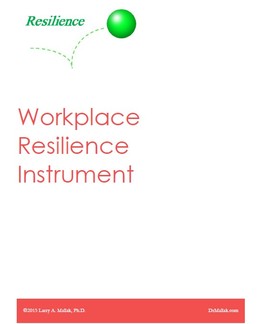 My new Workplace Resilience Instrument (WRI) is now available for use in research and government applications. This is a substantial update of my 1998 instrument. The psychometric properties will be published in a special issue of WORK later this year. A preprint of the paper will be provided as part of the modest purchase price for permission to use the WRI. If you would like to purchase permission to use the WRI and to obtain the scales, scoring key, and journal article, please visit this link. Thank you and I look forward to seeing the results of researchers putting these scales to work to investigate resilience in the workplace. 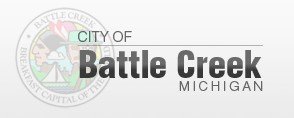 Last night, we had a trio of alums sharing their experiences of work and life. First up, Dan Ryan, CIO for the City of Battle Creek shared the parallels between mountain climbing and leadership. He should know--he has climbed Kilimanjaro and Mt. Rainier. Of course, you had to be there to learn the full story of "instant teaming" and how to behave when you're roped to a novice climber and your life depends on him. Rather than plan, organize, control, and direct, Dan said we need to use VIP--vision, implementation, and persistence. Although not a GEM alum, Dan holds his masters in Public Administration from WMU.  Next up was Kerry Paskell, a 2002 GEM graduate who now works for Ford Motor Co. In China. But, he was on vacation in Thailand and graciously took time out of his early morning to talk with us. He works with the Power Train manufacturing group and took on the three-year expat challenge to launch brand new facilities in China. When he says launch, he means bricks and mortar and spec'ing out all the manufacturing equipment needed in the facility. We got a good glimpse into the rise of the Chinese and Asia Pacific automotive market and how Kerry is helping build Ford's presence. He has responsibilities for China, India, and Thailand.  Then, we spoke with Kevin Khaw, a 2005 GEM graduate who has worked for Google going on 8 years. He's based on Mt. View, California, a sharp contrast from our snowy evening Michigan. Kevin took us through the Google interview process (one phone interview and five on-site interviews, back-to-back) and how the "soft skills" are needed for a good cultural fit with the organization. He's seen Google grow from 8,000-9,000 employees when he started to its current 55,000 employees. Last year, Google hired 10,000 employees, so many Googlers are involved in recruiting and interviewing. Kevin's advice to us was to learn how to manage your time better. He gets 600-700 emails daily, so you have to be very efficient. Also, he had advice on product launches, too, from the Google perspective. Google practices MVP: minimum viable product. Rather than get everything perfect, Google wants to get a working product out there, so Googlers get a working prototype out in phased releases. They can get all the analytics on the product and then decide on how to do a full launch, if warranted. Thanks to Dan, Kerry, and Kevin for sharing time with the students of IME 6000! This provides some inspiration for what you can do with your Engineering Management master's degree from WMU. As presented to the American Society for Engineering Management's IAC conference in Virginia Beach this October, here are the four factors of the Workplace Resilience Inventory. A full instrument will be released soon--most likely in early 2015. I'll put updates here.
I'm hearing too much about Ebola and today the morning news topic & ticker was "Ebola Watch." I would like to pose the question to you: Ebola Watch or Apple Watch? Please take part in this important fall election issue. 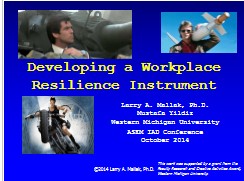 I'm finishing the update to my 1998 resilience scales. These were presented at the 2014 American Society for Engineering Management conference in October. I'm working on a journal submission containing the methodological content and results and hoping for a 2015 publication. The factor structure changed significantly from the 1998 version, going from six factors to four. Those four factors will be initially released at ASEM and then posted here in an update. The resulting Workplace Resilience Inventory (WRI) will be released for use once the instrument has been packaged and reviewed by our intellectual property staff at WMU. This is one of the first resilience instruments developed for workers in more general workplaces, rather than mental health patients in clinical settings, which is where the bulk of the research is located. Please use the comment section to share your experiences with workplace resilience. |
Larry Mallak
Engineering Management professor and researcher specializing in Empathic Design, workplace resilience, and the study of healthcare organizational cultures Archives
March 2019
Categories |
||||||
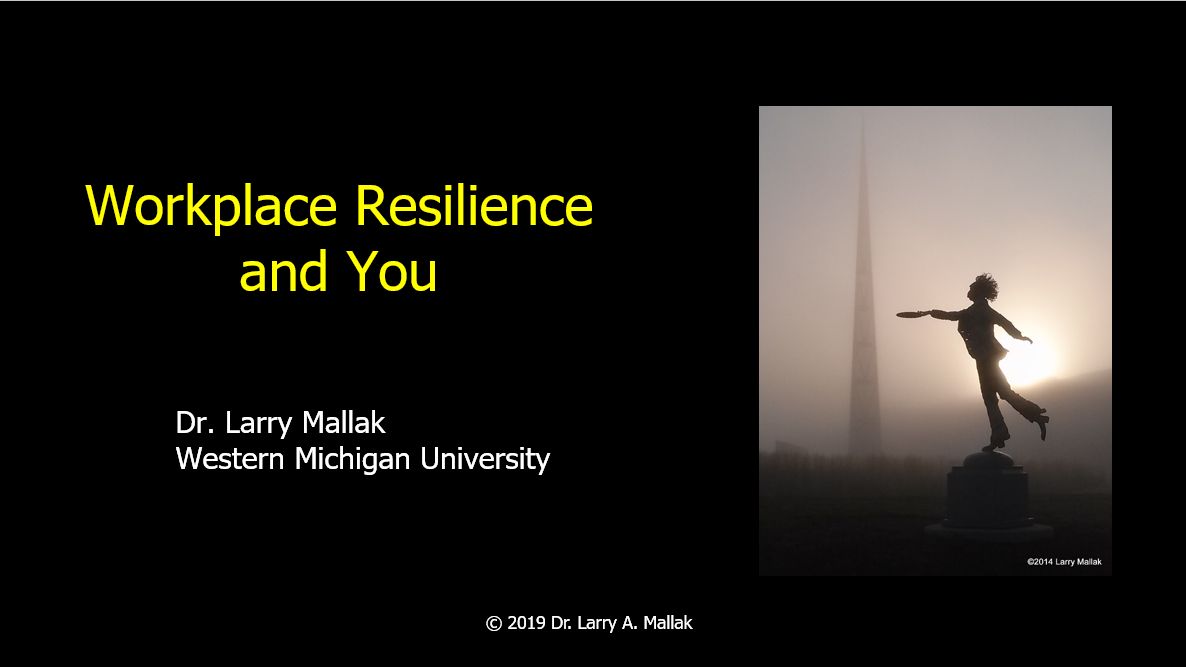
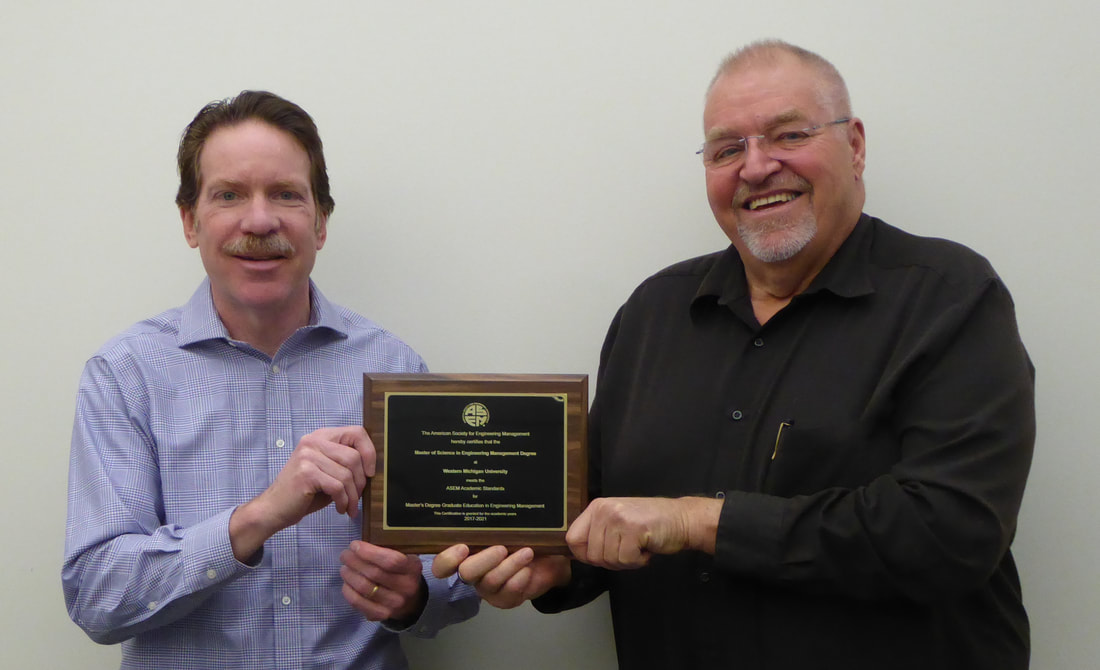
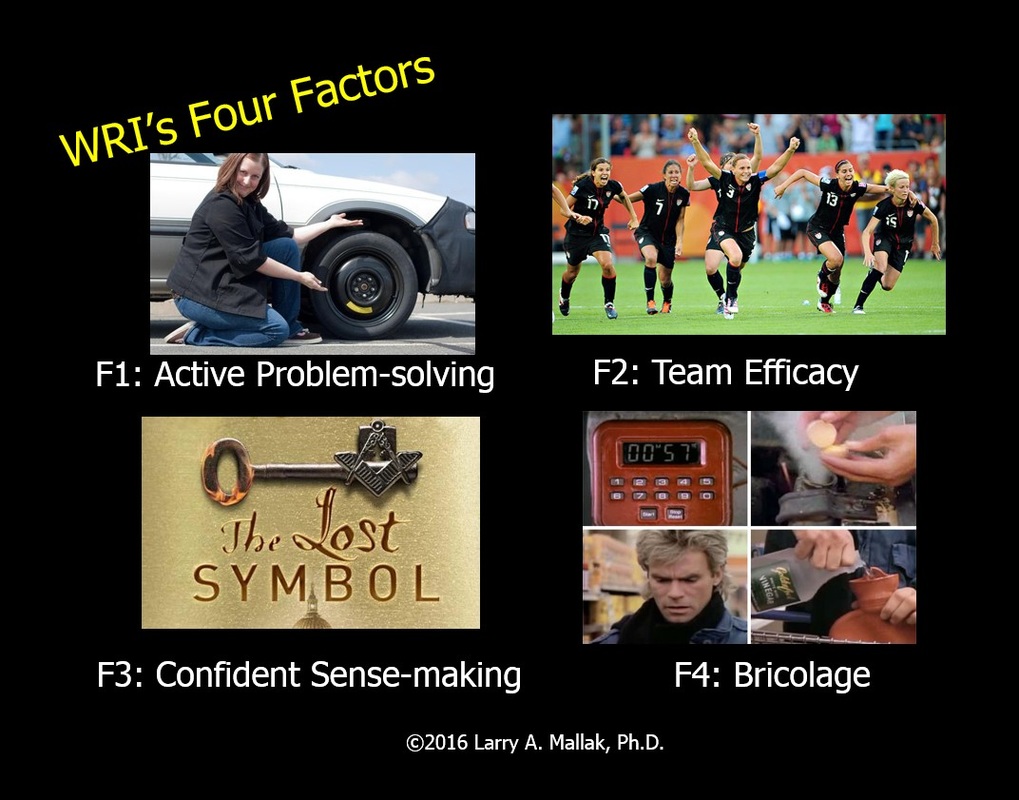

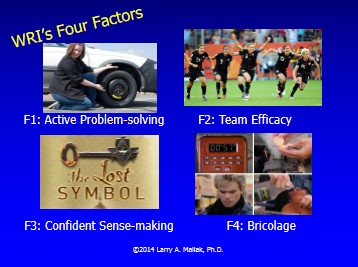
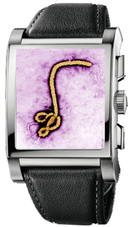
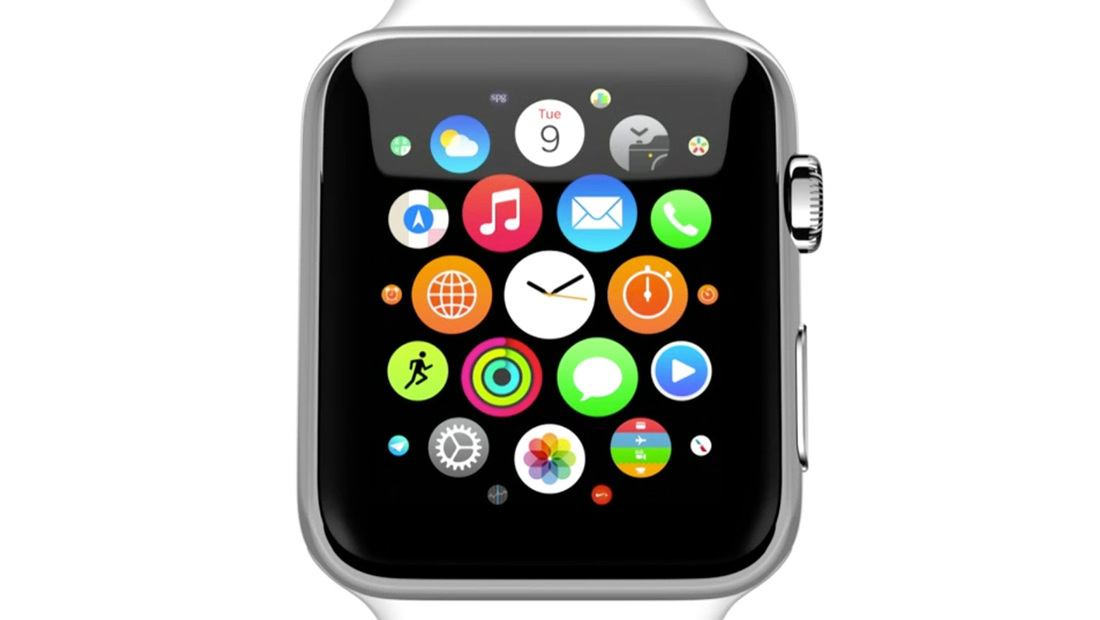

 RSS Feed
RSS Feed

